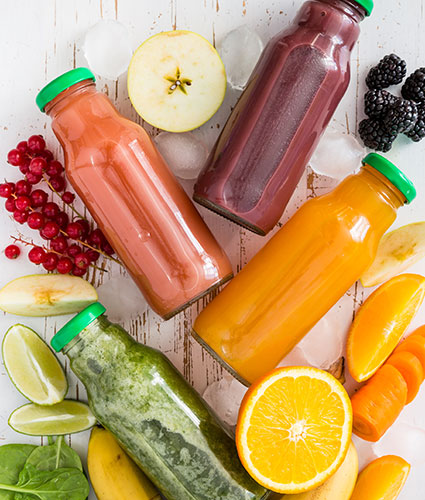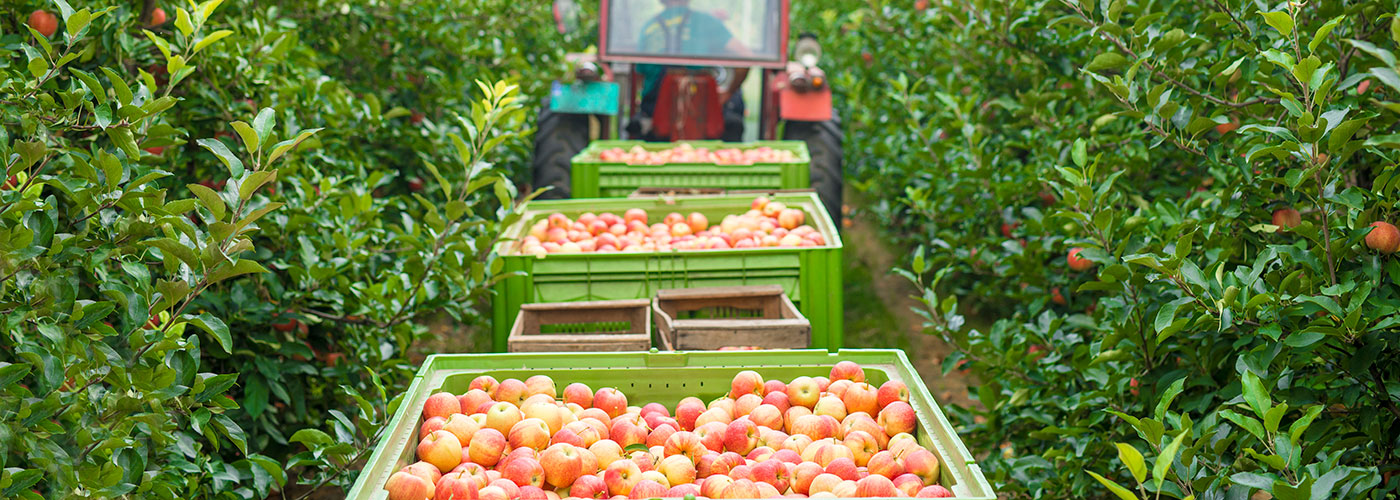
The transport of juices in isothermal tankers, combined with thorough cleaning processes and GPS tracking technology, ensures the preservation, cleanliness and traceability of the juices from the plant to the end consumer.
The transport of juices in tanker trucks is a highly efficient solution for keeping the freshness and quality of the juices intact during transport, whether from production plants to distribution or export centres. In the process of transporting these sensitive products, technology and safety measures are essential to ensure that the juice retains its original characteristics. To achieve this, three fundamental elements stand out: the use of isothermal tanks for the perfect preservation of the juice, rigorous hygiene in the loading and unloading processes, and traceability by means of GPS location systems.
The preservation of juice during transport depends to a large extent on maintaining the right temperature. Isothermal tanks are specifically designed to maintain a constant temperature inside the tank, which is essential to avoid alterations in the aroma, flavour and acidity of the juices. These tanks have a layer of thermal insulation that minimises heat exchange with the outside, allowing the juice to remain fresh and unchanged in its composition, even in long distance travel or adverse weather conditions.
Temperature is a determining factor in the preservation of the organoleptic properties of the juices, as fluctuations in heat can lead to fermentation and oxidation, damaging the flavour and quality of the product. Thanks to the use of isothermal tanks, producers can ensure that their juices will arrive at their destination with the same characteristics as when they left the production plant, thus preserving their freshness and naturalness.
Hygiene is a priority aspect in the transport of juices, as any contamination or residue can compromise the quality of the product. Tank cleaning procedures are carried out in accordance with strict regulations that ensure the elimination of any residue, particles or impurities that could alter the flavour or aroma of the juice. Before each loading, the tanks are subjected to a thorough washing process involving hot water, special detergents and, in some cases, steam to ensure that the tank is thoroughly cleaned and disinfected.
The loading and unloading process is equally rigorous, ensuring that all equipment, pipes and valves are in a perfectly clean condition. This extreme care allows the juices to be transported without risk of contamination, keeping their properties intact and ensuring a satisfactory drinking experience.
Traceability is an essential feature in the transport of juices, and GPS technology plays an important role in this aspect. Through tracking systems, it is possible to know in real time the exact location of the tanker truck, allowing producers and distributors to have complete control over the load at every stage of the journey. With this technology, companies can optimise routes, anticipate incidents and ensure on-time delivery.
In addition to geolocation, GPS systems often include sensors that record data on temperature and other conditions during transport, giving customers the extra security of knowing that the product has been transported in optimal conditions.




This has been the work of Sr. Concejo

